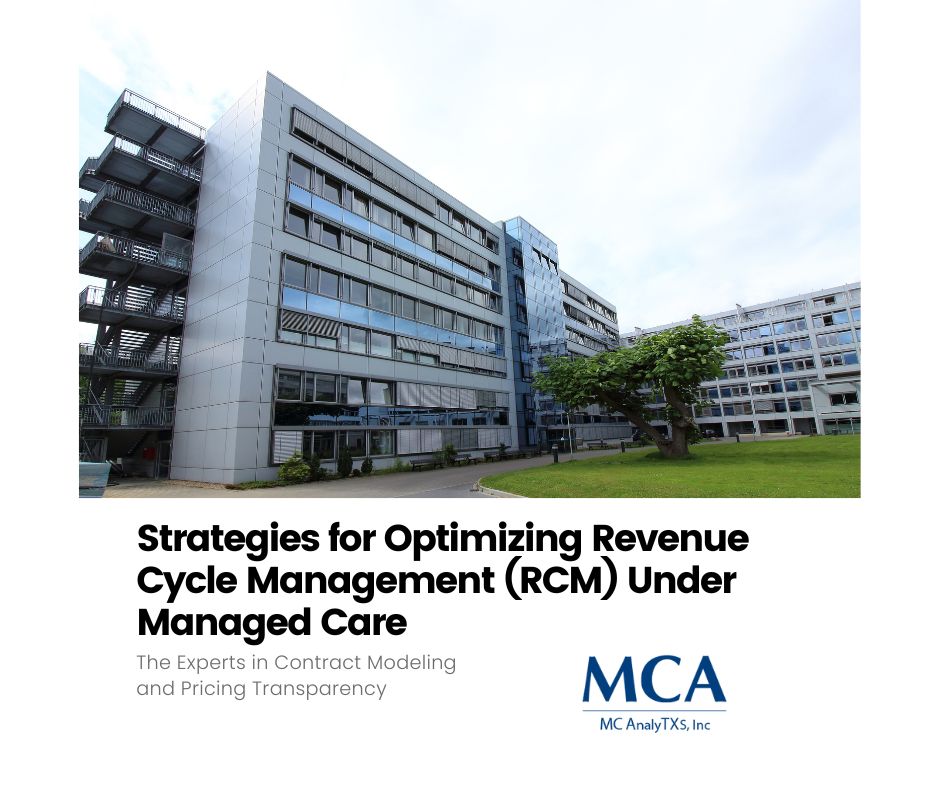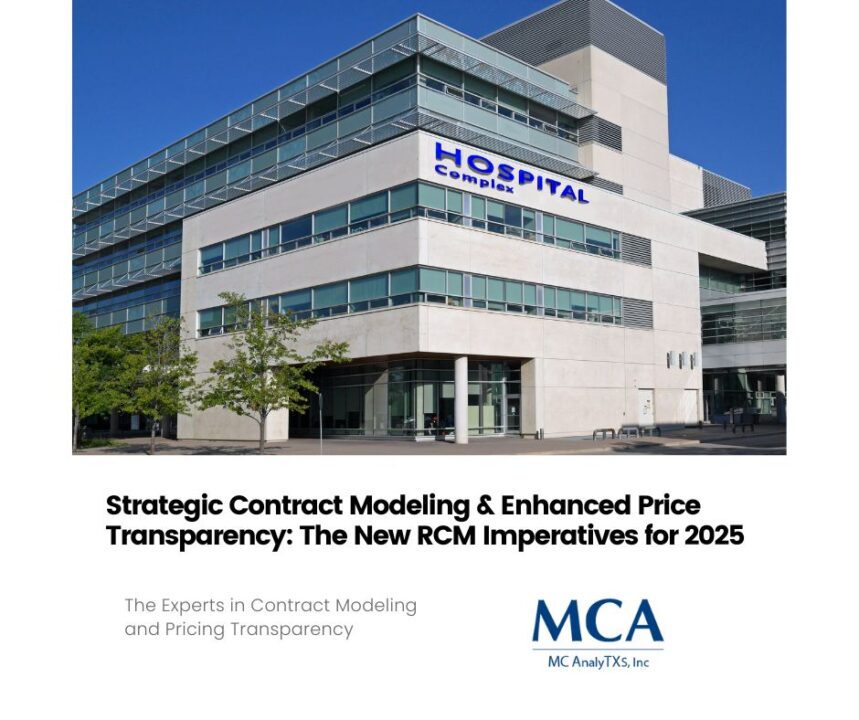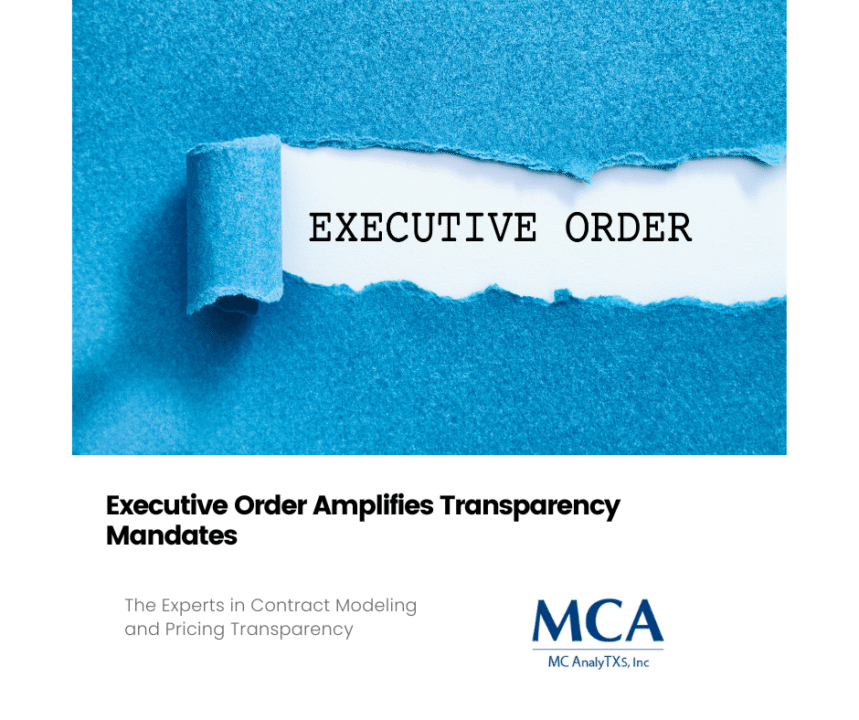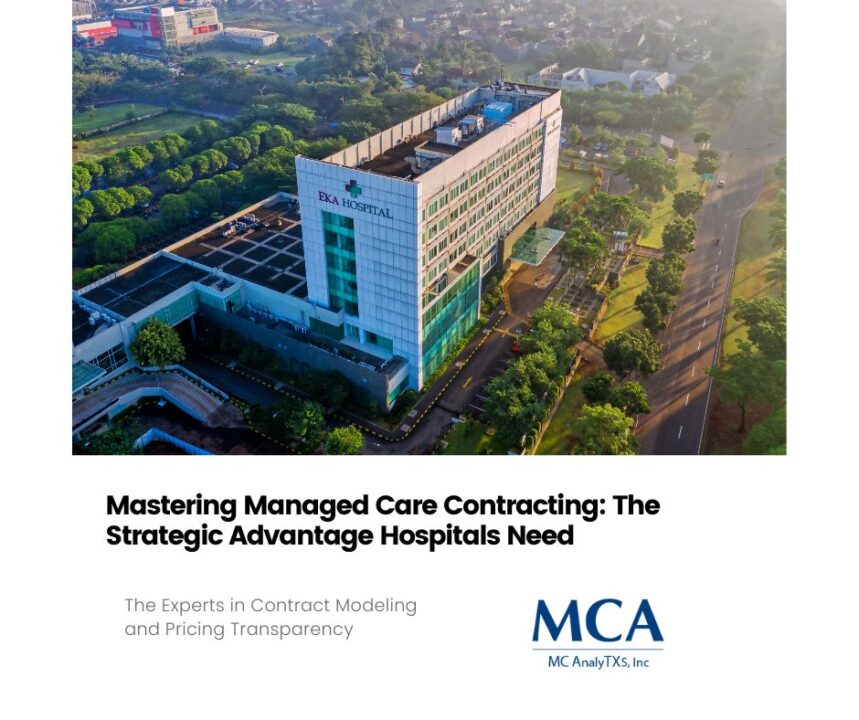

Strategies for Optimizing Revenue Cycle Management (RCM) Under Managed Care
Revenue cycle management (RCM) is the lifeblood of every healthcare organization. Efficient RCM ensures timely reimbursements, enhances cash flow, and allows providers to focus on delivering quality patient care. However, in managed care settings, where reimbursement models emphasize cost control and efficiency, RCM faces unique challenges.
This article dives deep into strategies healthcare providers can adopt to optimize RCM within managed care environments. You’ll learn about key difficulties, actionable solutions, and how these strategies align with the evolving landscape of managed care.
What is Revenue Cycle Management (RCM) in Managed Care?
Revenue cycle management refers to the financial process healthcare providers use to manage claims, track payments, and address related revenue tasks. It starts from patient registration and appointment scheduling and extends to the final step of processing payments.
Managed care adds complexity to RCM by introducing specific contracts, cost-control measures, and reimbursement models. These agreements often focus on value-based care rather than traditional fee-for-service models. This shift means healthcare providers must adopt highly efficient and transparent RCM processes to ensure sustainable financial performance.
Understanding the Challenges Specific to Managed Care Environments
Managed care introduces several unique challenges to the revenue cycle, each of which requires a tailored approach for optimization:
- Complex Reimbursement Models
Managed care relies on capitated payments or value-based reimbursement systems. These models often require providers to balance quality outcomes with cost containment, making revenue prediction more complex.
- Prior Authorization Bottlenecks
The prior authorization (PA) process under managed care is notoriously time-consuming. It involves extensive communication with payers, delayed approvals, and frustration for providers and patients alike.
- Coding and Billing Errors
Variances in contracts and payer requirements increase the likelihood of mistakes in coding and claims submissions, directly leading to denied or delayed reimbursements.
- Limited Patient Information Access
Managed care frequently requires deeper patient data to justify claims. Lack of access often results in rejected claims or inefficient processes.
- Patient Communication Issues
Many patients struggle to understand managed care plans. This lack of clarity can hinder engagement and payment completion, ultimately impacting the revenue cycle.
Now that we’ve identified the challenges, let’s explore actionable strategies to overcome them.
Strategies for Optimizing RCM Under Managed Care
Leverage Technology Solutions for Efficiency
Advanced technology plays a critical role in building an efficient RCM process in managed care:
- RCM Software Integration: Industry-leading platforms like Epic or athenahealth offer automated workflows for claims management, reducing human error and ensuring faster reimbursements. They can flag process inefficiencies and proactively identify potential denials.
- Analytics: Predictive analytics can streamline decision-making by forecasting denial trends and assessing financial patterns, expedite prior authorizations and coding by automating repetitive tasks.
- Interoperability Solutions: Real-time connectivity between payers and healthcare providers ensures better data transparency and simplified claims processes.
Enhance Patient Engagement and Communication
Patient engagement remains a linchpin for effective managed care RCM. Engaged patients are more likely to adhere to treatment plans and fulfill financial obligations.
- Transparent Billing Communication: Use payment portals and tools that provide clear, itemized billing in layman’s terms. This ensures your patients understand their responsibilities upfront.
- Educational Resources: Educate patients about their managed care plans, helping them comprehend coverage, co-pays, and necessary referrals. Clarity is key to reducing confusion and delays in payment.
- Digital Self-Service Tools: Offer appointment scheduling, bill payment, and FAQs online. Convenience fosters patients’ satisfaction and efficiency throughout the revenue cycle.
Improve Coding and Billing Accuracy
Accurate coding is essential to avoid denials or delays in a managed care environment. Poor coding practices can lead to significant revenue losses.
- Invest in Training: Regularly train coding staff on managed care-related specifics, guidelines, and updates to ensure expertise in claim submissions.
- Use Technology for Support: Utilize computer-assisted coding (CAC) tools that enhance accuracy by auto-suggesting codes based on documents such as physician notes and lab results.
- Claim Reviews: Implement pre-billing reviews for claims to identify and correct errors before submission. This reduces rework and revenue leakage.
Streamline Prior Authorization Processes
Prior authorizations remain one of the most critical bottlenecks in managed care RCM. However, these strategies can reduce friction:
- Automation Tools: Invest in ePA (electronic prior authorization) platforms that streamline the submission and tracking of authorization requests. Many such tools also include status updates to automate follow-up efforts.
- Centralized PA Teams: Consolidate your prior authorization efforts into a dedicated team equipped with advanced tools and payer-specific expertise.
- Proactive Communication with Payers: Establish clear communication protocols, promote early submissions, and define escalation paths for delayed PAs to prevent revenue bottlenecks.
The Future of RCM in Managed Care
The healthcare industry is evolving quickly, and the future of RCM in managed care hinges on continued adaptation. Automation will increasingly shape workflows, enabling faster claims processing and near-instant denial management. Additionally, value-based care adoption means closer collaboration between payers and providers to align metrics and optimize outcomes on both ends.
Providers who invest in forward-thinking RCM strategies will be better positioned to achieve growth and adapt to managed care’s evolving standards. The focus will remain on efficiency, data transparency, patient-centric approaches, and the seamless integration of technology.
Set Your Organization Up for Success
Optimizing RCM in managed care environments is not just about improving efficiencies—it’s about enabling healthcare organizations to provide the quality care patients deserve without compromising financial sustainability. By leveraging technology, engaging patients, improving coding accuracy, and streamlining prior authorizations, providers can adopt a proactive approach to RCM.
If your healthcare organization is ready to optimize its revenue cycle and overcome the hurdles of managed care, join our upcoming webinar or contact us to streamline your processes and boost your financial outcomes.





